|
This four-day retreat in the secluded setting of Wisemans Ferry in New South Wales Australia will delve deep into practical aspects of Islamic self-development and psycho-spiritual wellness. We will explore and practice muhasabah (self-introspection), tafakkur (contemplation), and ilm an nafs (the science of the soul within the Islamic tradition) and learn tools to implement in day-to-day life. Participants will engage in individual introspective directives and group processes in an experiential programme of self-discovery and embodied spiritual practice. Some light physical exercise will be an integral part of the programme, with nature walks, archery, and martial arts, so be ready to invigorate your body as you enlighten your soul. The sessions will be facilitated by Dr. Abdallah Rothman, a scholar and practitioner of Islamic Psychology, and special guests including Dr. Samir Mahmoud and others. Dr. Abdallah will be doing a series of events in Sydney from September 23-October 4 and in Melbourne October 5-9.
We live in this dunya separate and embodied, yet our souls yearn for Unity and transcendence. We are at once made of clay and yet the Divine breath lives within us, which we primordially forget. We are called to remember, and in doing so strive to keep our hearts clean and open. We strive to be in the world but not of it, to find our true selves amidst the pain and delusion.
Yet the bruises of the dunya harden our hearts and obstruct the Divine Light. Join us in the mountains of Andalusia as we explore and surrender to the beautiful paradox of being human.We will engage in experiential activities, small and large group discussion, and individual reflection with a focus on the 99 names of Allah, and the polarities embedded within them, as invitations to unveil and embrace the polarities within us. Join Islamic Psychologist and Art Therapist Dr. Abdallah Rothman, Artist Abdelkarim Cederberg, Expressive Arts Facilitator and Coach Hanan Al Asqari, and guests for a 4-night, 3-day spiritual therapeutic retreat in the mountains of Andalusia Spain.
Dr. Abdallah Rothman discusses the approach to holistic education at Cambridge Muslim College, where transformative co-curricular activities redefine education. Archery, horse riding, coffee workshops, and nature walks, unveiling the extraordinary impact these experiences have on personal growth, shaping individuals with changed hearts and enriched minds. Date: Monday June 26 Time: 6:30pm - 9:00pm EDT Location: Center DC HQ 1426 9th St NW Washington, DC 20001 It is said that one who knows their self knows their Lord. Self-knowledge is more than a recognition of our external personas and social identities. It involves deeper, often elusive aspects of the self which requires seeking and uncovering the hidden mysteries of the soul. While the academic and scientific field of psychology is where we tend to turn to find answers to these mysteries, popular theories of psychology ironically do not include the soul in their definitions and approach to self-knowledge and instead focus on what can be seen and measured, primarily cognition and behavior.
Islamic Psychology is a holistic approach which includes the seen and unseen dimensions of the self and which deals with the subject matter in a way that is more true to the meaning of the term psychology; as a ‘science of the soul’, or ‘ilm an nafs. The Islamic tradition offers us a vast resource and detailed guidance on how to not only know the self but also how to manage ourselves within this worldly life of ups and downs and trial and tribulation on a path of transformation.
In addition to chances to enjoy beautiful scenery, eat good food, practice yoga, and other activities, there will be a series of workshops with the following topics: The Heart and Soul of Being: Understanding the self from an Islamic perspective
Setting the Mind Free: Understanding the spiritual and physical impact of trauma Unveiling the Heart: Identifying emotional and spiritual blockages Unveiling the True Essence: Healing the inner self Practical Tools for continued inner healing Dr Abdallah Rothman will be taking on a new role at Cambridge Muslim College as Head of Islamic Psychology starting next academic year.
In the next phase of Cambridge Muslim College's growth, Dr Rothman will shift his focus from the administration of the college to the development of Islamic Psychology in academic programmes, professional training, and research. We are excited to support him continue to develop this field and benefit from his knowledge and expertise."
A Daylong of Spiritual Teachings, Mindfulness Practices and Devotional Poetry
In this daylong retreat, Baraka Blue and Dr. Abdallah Rothman will take us through an exploration of the major themes of Islamic spirituality and psychology drawing especially on al-Ghazali’s Alchemy of Happiness and Rumi’s Masnavi. Date & Time: Sunday 14th May | 10am-6pm Venue: Winstanley House Hotel | Hinckley Road | Leicester | LE3 1HX Lunch and refreshments included | Limited spaces available | Registration required | £125 per person In this lecture, Dr. Abdallah Rothman discusses the path of Islam as a continuous process of self-development and transformation towards surrendering to Allah's will. Acts of worship are intended to be transformational, not just transactional. The guidance found in the Islamic tradition requires self-discipline and a constant struggle against our inner selves. Dr. Rothman outlines the "6 M's" for transformation, which are based on Book 38 of Imam Al-Ghazali's "Revival of the Religious Sciences," titled "On Vigilance and Self-Examination." This lecture is part of Cambridge Muslim College's Ramadan series "Educate, Elevate, Illuminate" Dr Abdallah Rothman talks about Mental Health and how to heal the stigma against it within the the Muslim community. He discusses: Common Misconceptions, Dispelling the Stigma, "Mental" Health from an Islamic Perspective, Psychology in the Islamic Tradition, Modern Psychology as a Science, Islamic Psychology, Faithful Wellbeing, Spiritual Bypassing, Islamic Principles of Wellness, Practical Tools & Practices. This presentation was delivered at Cambridge Central Mosque on 21 January 2023 as part of Mental Health & Wellness Day. |
AuthorAbdallah Rothman Categories
All
Archives
September 2023
|

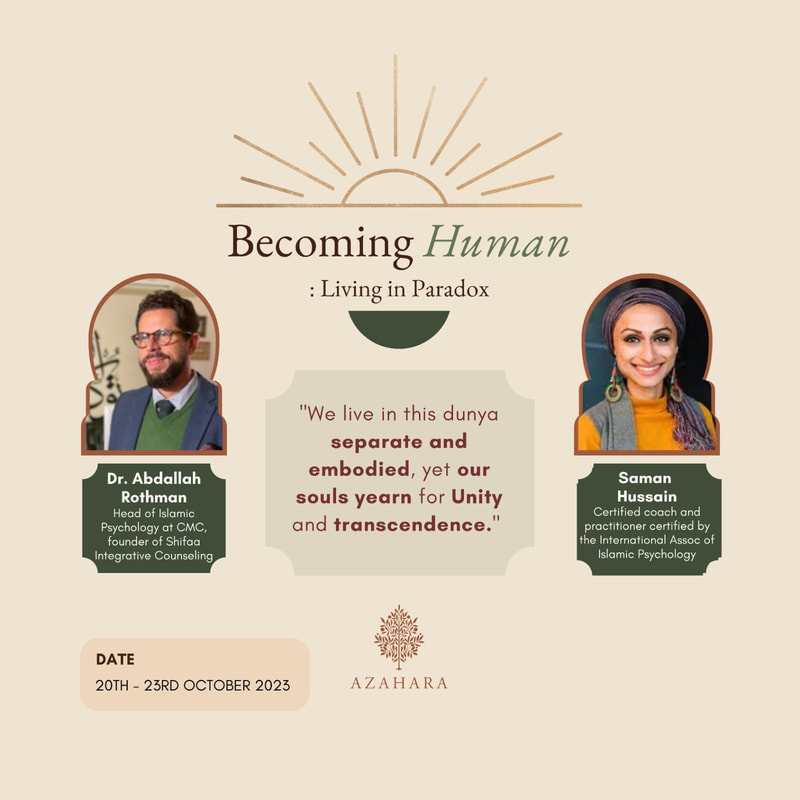
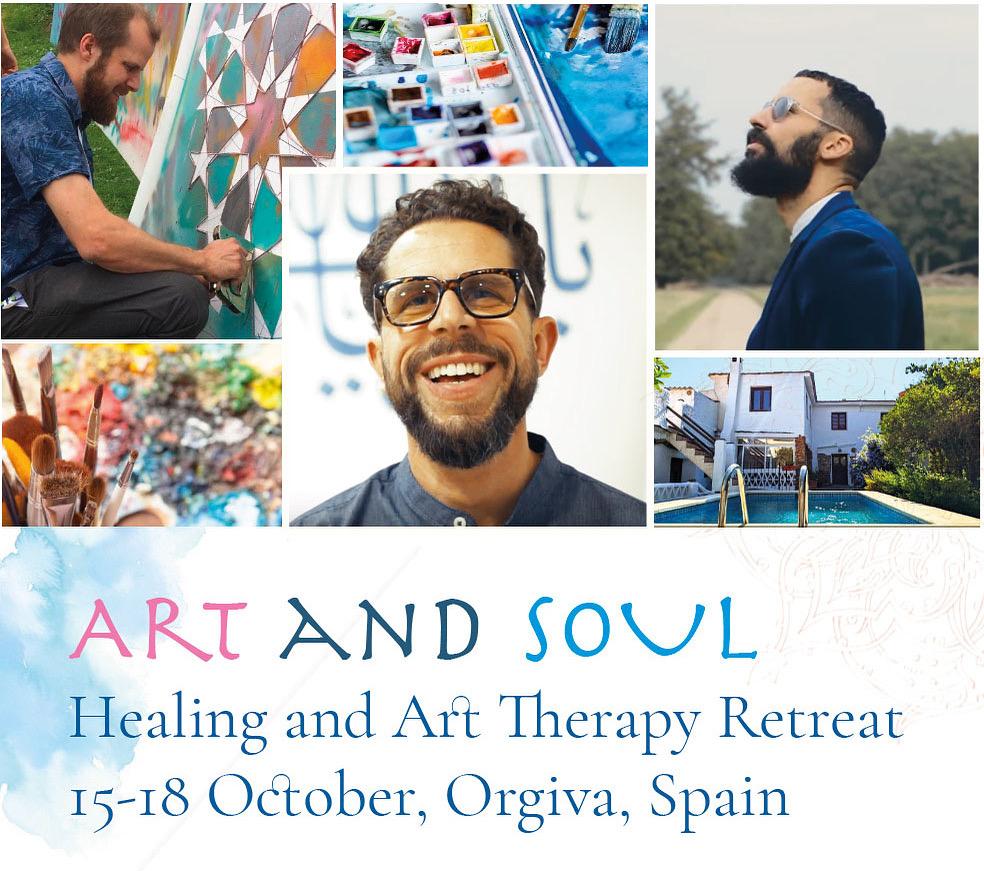
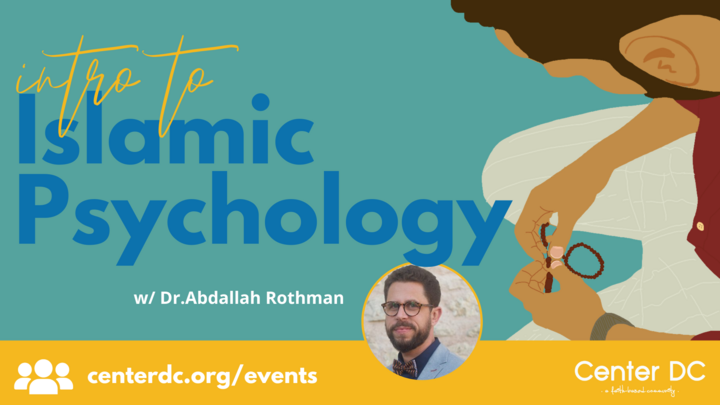


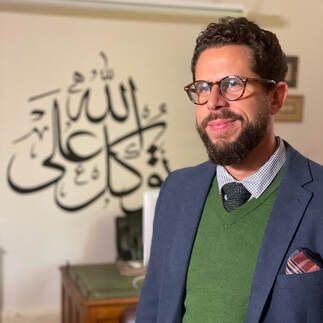
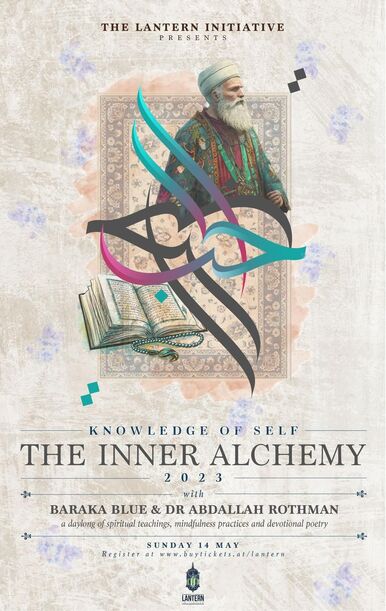
 RSS Feed
RSS Feed